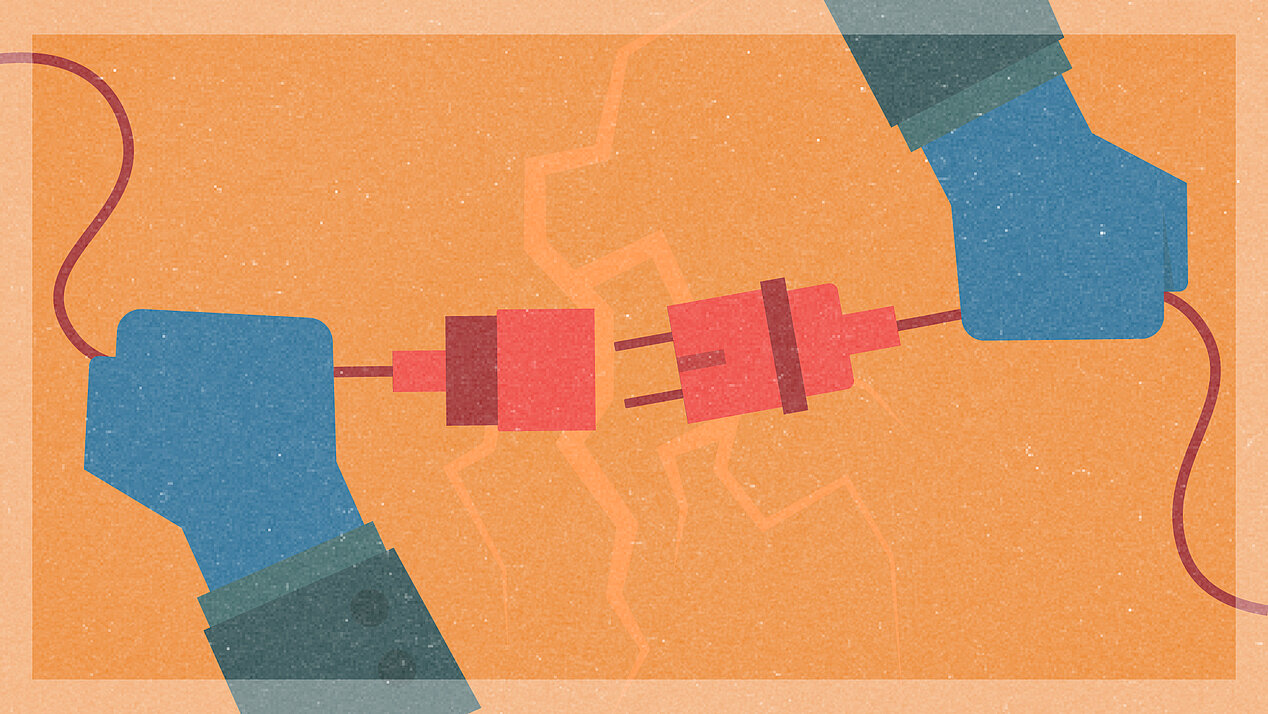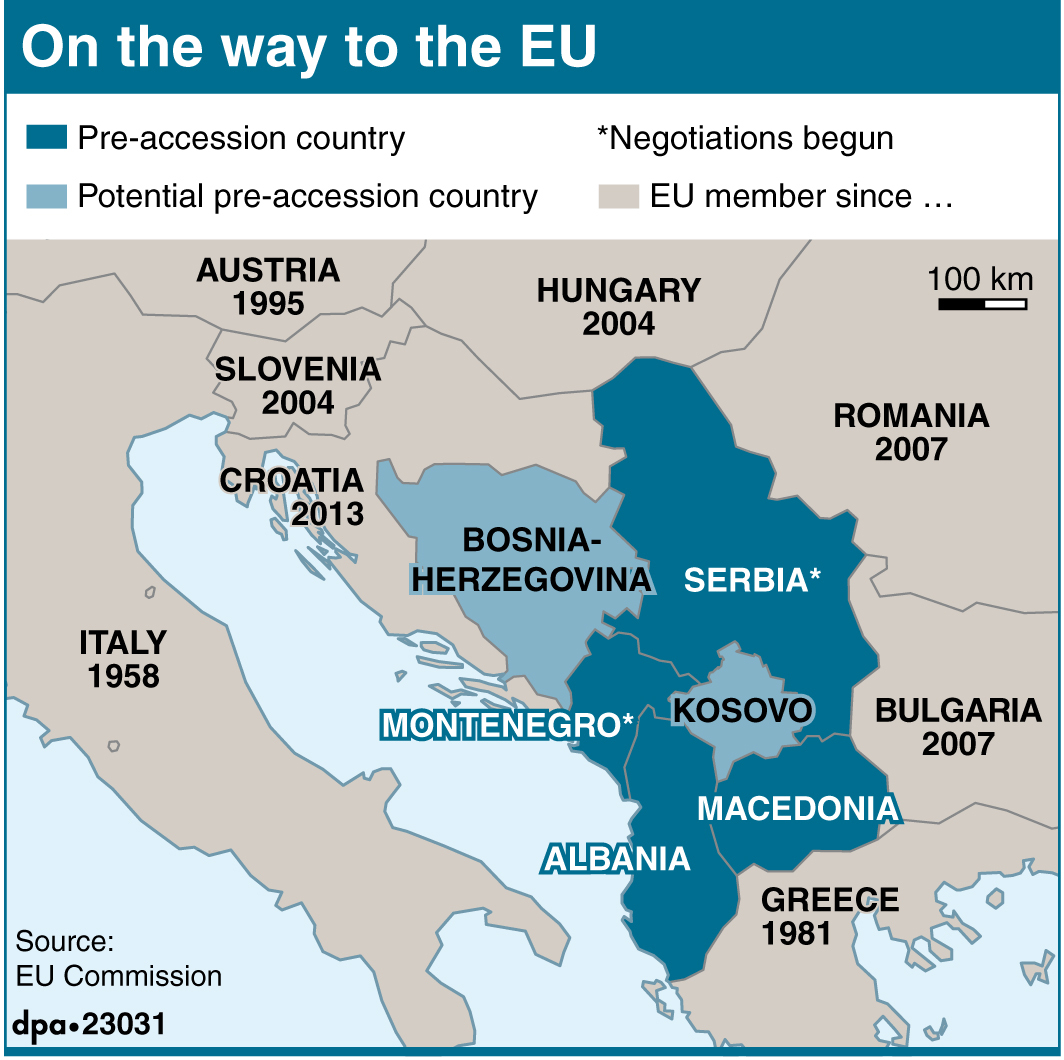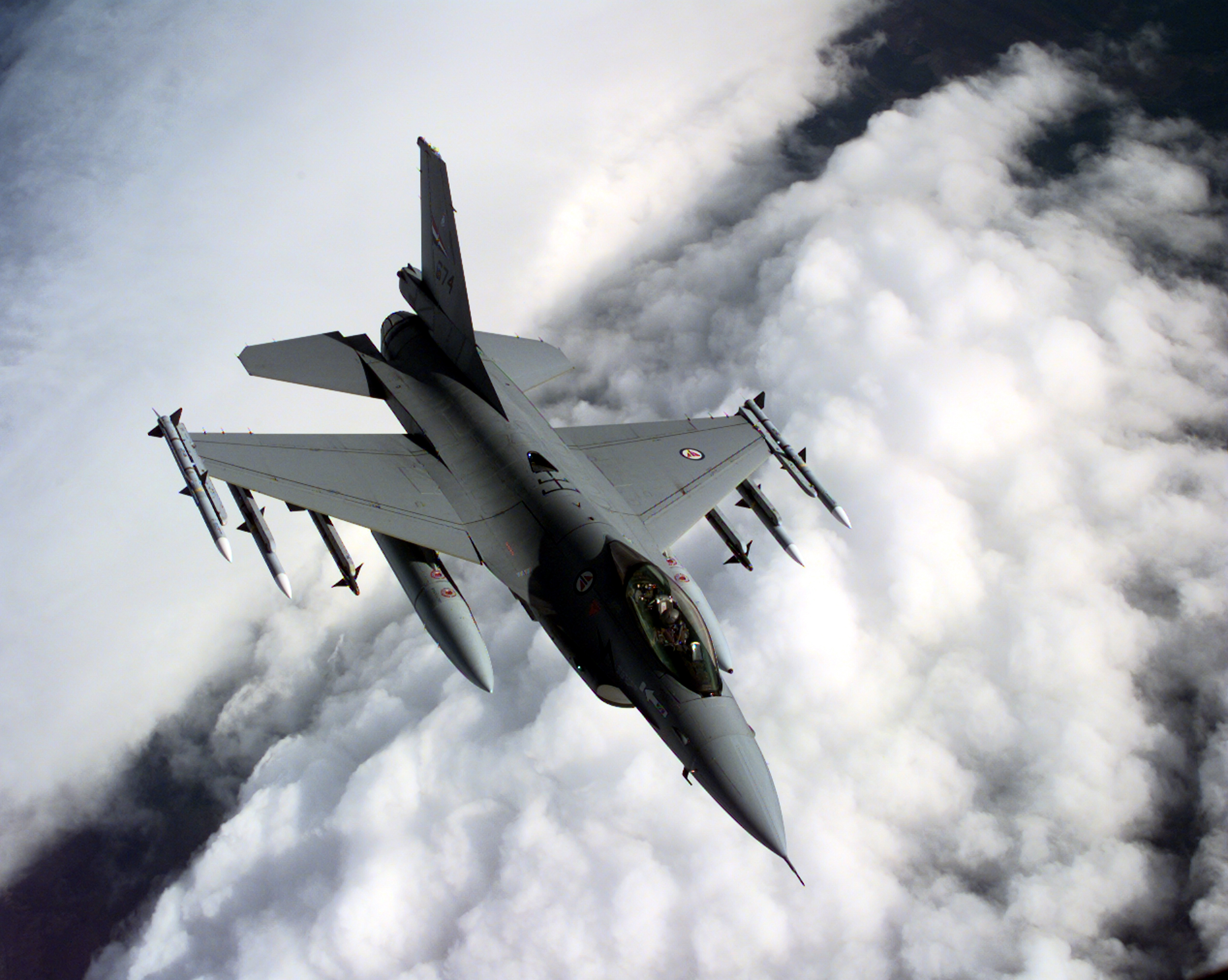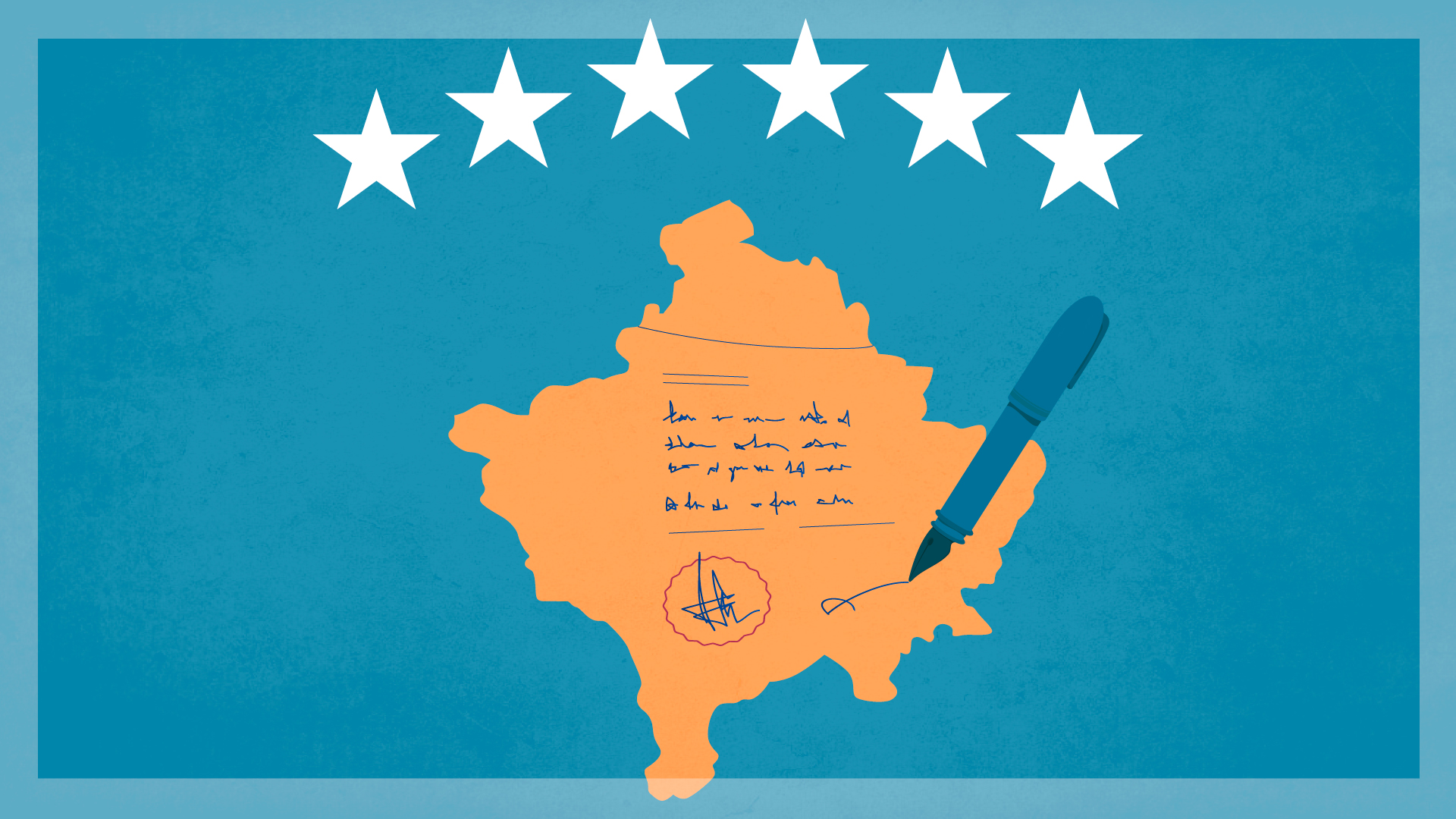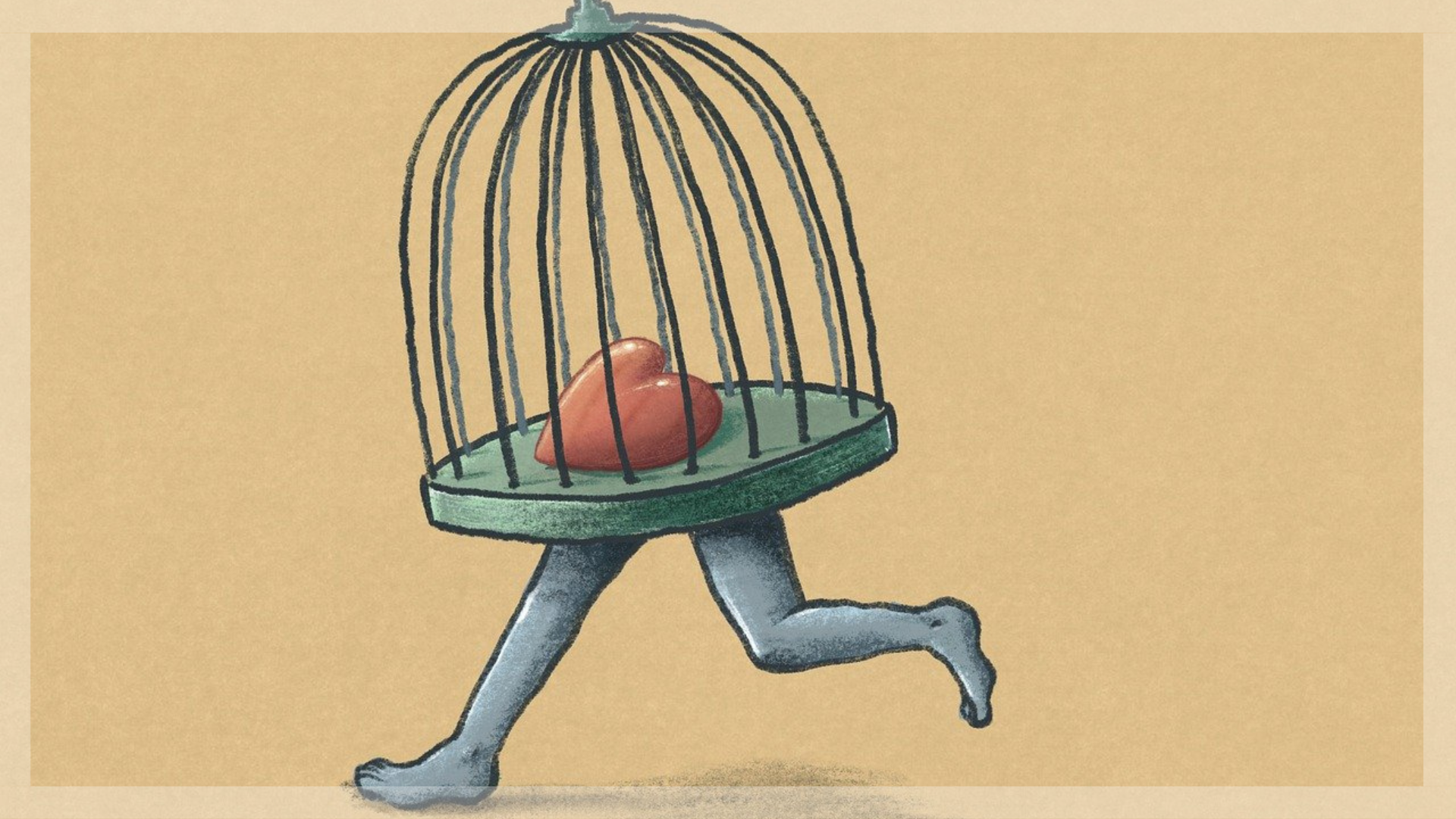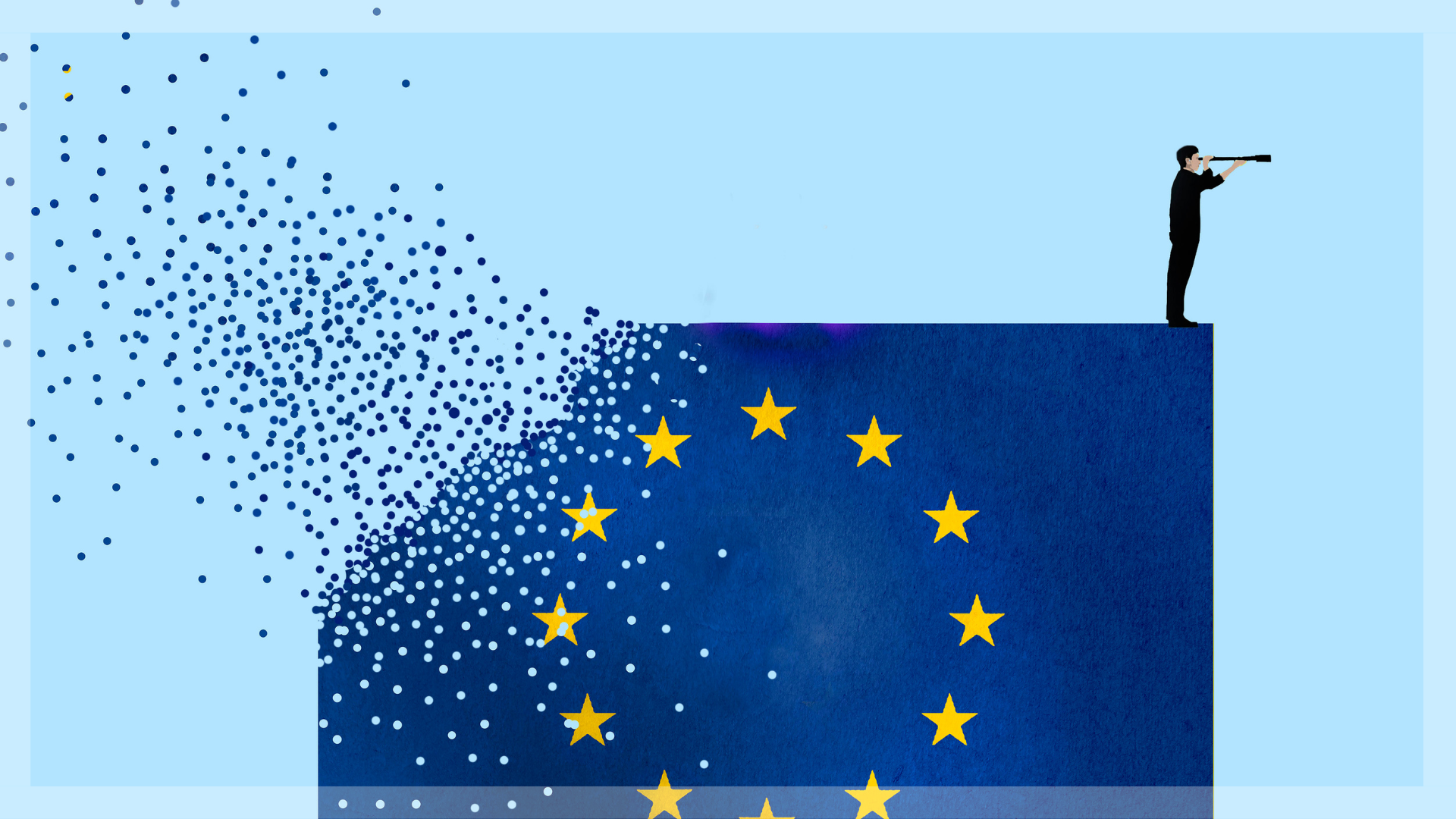New Fronts
With the 9/11 terrorist attacks by Al-Qaeda in the US and the opening of new fronts in NATO's global ‘war on terror’ in Afghanistan and later against Saddam Hussein in Iraq, the Western Balkans slipped significantly in the list of priorities of the Western powers. The promise of swift EU membership turned into crisis management, with peacekeeping missions in Bosnia and Herzegovina and Kosovo, ambassadorial visits, and a carrot-and-stick policy for troublemakers.
It is perhaps not entirely fair to say that the West had completely forgotten about the Balkans. However, proposed perspectives and delivered analyses—always beginning and ending with the same formula of a possible revival of ethnic conflicts—eventually led to the fact that each nation’s only choice was to chose between ethnic leaders who had fought each other for a decade. With the fragile peace and the new state structures came new dimensions of corruption which, in the course of privatization, spread to the new states and their administrations, still encouraged by international aid. It gave rise to new political and economic elites whose narrative differed little from the destabilizing rhetoric of the 1990s.
The promise of swift EU membership turned into crisis management, with peacekeeping missions in Bosnia and Herzegovina and Kosovo, ambassadorial visits, and a carrot-and-stick policy for troublemakers.
The people of Kosovo, however, which was under the inefficient administration of the United Nations and secured by NATO troops, began to lose patience with the endless delays. The assassination attempt on Serbian Prime Minister Zoran Đinđić is the most convincing example and argument that the very country that was the main instigator of devastating wars not only showed no willingness to confront its monstrous past but glorified it and its nationalist leader.
Consequently, it was inevitable that the neighboring countries, especially Bosnia and Herzegovina and Kosovo, would see the possible Serbian threat every morning even before they did anything else. After all, more than a century of history had taught them that all evil comes from a hostile neighbor. While Bosnia and Herzegovina fell into oblivion, it was Kosovo that needed to be repaired.
EU member states such as Spain, Cyprus, Greece, Romania and Slovakia still do not recognize this act of the small Balkan country, even 15 years after the declaration of Kosovo's statehood, due to their own ‘internal’ territorial autonomy problems.
This happened when, shortly before the end of his second term, US President George Bush rallied his allies for the declaration of Kosovo's independence, first under international supervision, and then with all political powers. Independence was the result of lengthy and exhaustive negotiations between Pristina and Belgrade in Vienna, brokered by former Finnish President Martti Ahtisaari.
Since Belgrade not only refused to accept any form of Kosovar statehood but also glorified its past with nationalist leaders, the West was forced to support Kosovo in the unilateral act of declaring independence on February 17, 2008. It was the first time since the end of the Kosovo war that the great powers refocused on the Balkans and endorsed a new state. Within only two years, the International Court of Justice in The Hague recognized the Declaration of Independence as a legitimate act of statehood.
However, not all Western states were satisfied with this step by Kosovo and the great powers. EU member states such as Spain, Cyprus, Greece, Romania and Slovakia still do not recognize this act of the small Balkan country, even 15 years after the declaration of Kosovo's statehood, due to their own ‘internal’ territorial autonomy problems.


